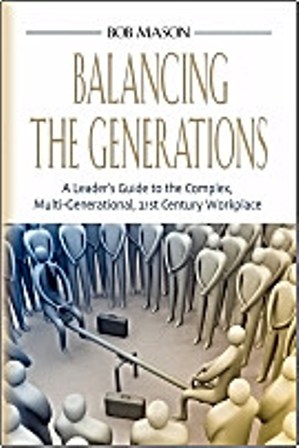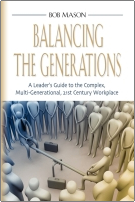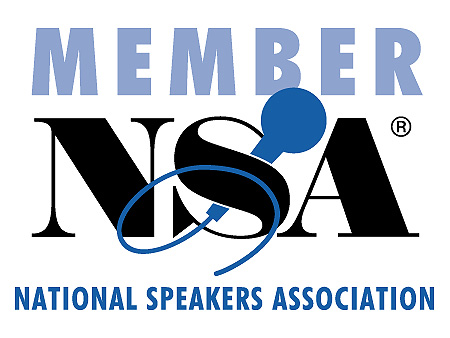Which is more important, your employees or your customers? What is the proper balance between customers and employees. Is employee engagement a leadership responsibility?
If you’re in a retail or service business, you’ve probably considered the first question, but maybe not the other two. Or have you? In the case of one large retailer, obviously they haven’t considered any of them.
It was a normal morning in the big box store and the incident started out innocently enough. The customer asked a question which the employee tried to answer. The customer was unhappy with the answer and, for reasons unknown, began to raise his voice. The situation very quickly escalated and the customer spit on the employee and repeatedly poked his fingers into the employee’s chest. The employee took no action to defend himself but did direct an expletive at the customer.
If you were the store manager in this case, what action would you have taken?
In this case the employee, rather than being praised for not retaliating against what certainly could be described as the crime of battery was instead fired for using the expletive.
The offending customer? He complained to the management and received an apology for the employee’s rude behavior.
In their leadership role, managers must make difficult, quick decisions every day. Unfortunately, especially in the retail and service worlds, employees have become a completely expendable resource with plenty more applicants waiting in the wings. But, consider what message you’re sending to other employees. What effect will the message that management does not value the employees, have on employee engagement?
A good business manager will consider the cost of gaining a customer and of course it’s a fact that retaining a customer is always preferable, and cheaper than finding a new one. A smart business leader will also know what it costs to hire and train a new employee. Is there a straight line relationship between these two investments? No, and here’s why.
Especially in a large retail company, the cost of gaining a single customer is small because marketing costs are spread over such a large population of customers. Unless they were going to make a large purchase, the loss of a single customer is seldom even noticed. Also, chances are fairly good that the customer will return at some point.
Loss of a single employee is a little different. Yes, it would seem that employee can be replaced fairly easily. What can’t be replaced is the experience that employee has gained. To replace an employee with 15 years experience takes somewhere around 15 years. What’s more important, yet much more difficult to quantify is the effect on other employees when one of their peers is terminated in a situation like I’ve described. Moral decreases, engagement decreases, and most likely problems increase.
There will certainly be times when it’s necessary to terminate employees for various reasons, and managers certainly cannot condone rudeness to customers. But, that doesn’t mean the customer is always right. Sometimes they’re not.
My wife and I were checking out in a large grocery store. The customer in front of us was being belligerent and abusive to the check-out clerk. He was unhappy about something, though what was not clear to me. The clerk took the abuse without responding, but upon completing the transaction, handing the cash register tape to the customer with the following words: “Thank you for shopping here today, but we do not have to take this kind of abuse. Please do not shop at this store anymore.” As we moved forward and began to unload our cart we discovered that this wasn’t just a clerk, but a store manager.
Of these two managers, which do you think has better employee engagement?
 Send to Kindle
Send to Kindle


 Balancing the Generations: A Leader’s Guide to the Complex, Multi-Generational, 21st Century Workplace.
Balancing the Generations: A Leader’s Guide to the Complex, Multi-Generational, 21st Century Workplace.


